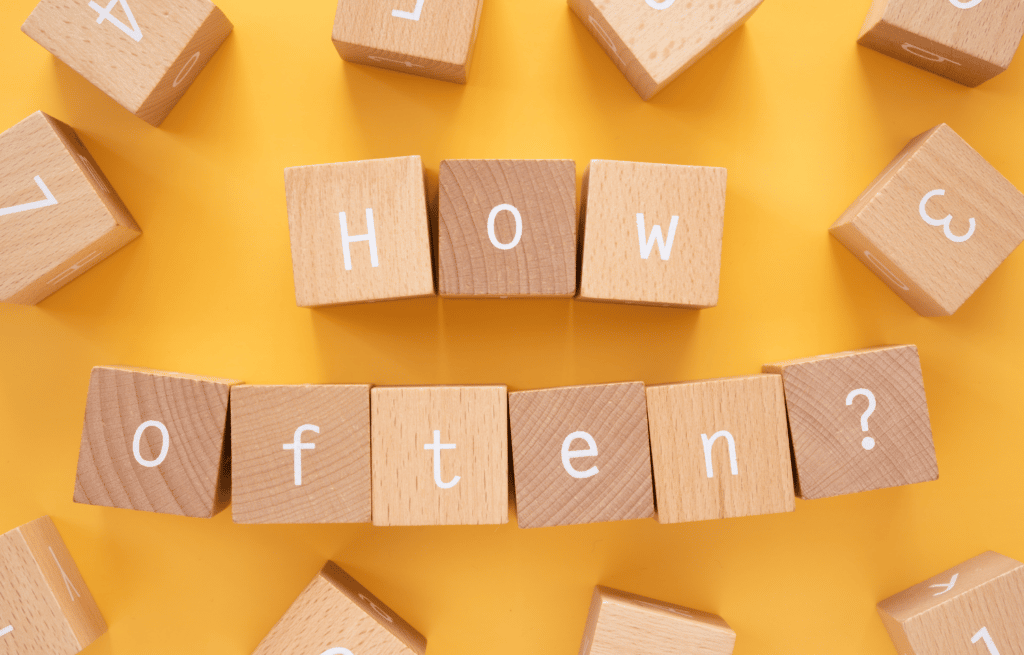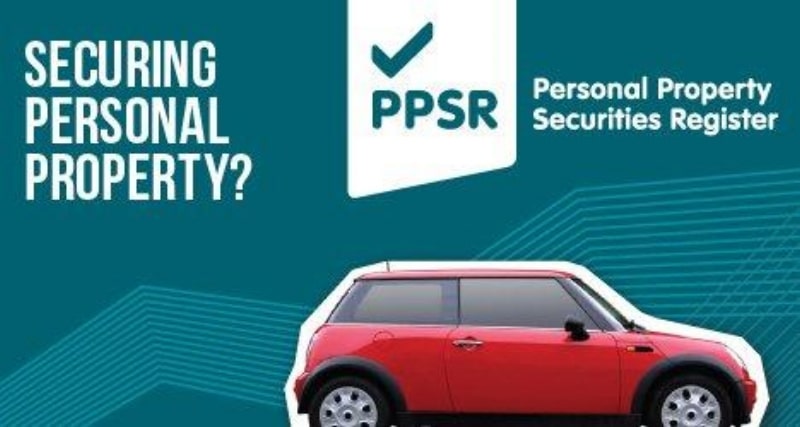bankruptcy canada
How Many Times Can You Declare Bankruptcy In Canada
Have you been curious as to how bankruptcy works in Canada? More specifically, how many times you can file bankruptcy? In theory, you can declare bankruptcy as many times as you like in Canada. Practically speaking, however, every time you file the consequences and the difficulty in receiving a discharge from your bankruptcy increases. The…
Read MoreWhat is a Deemed Trust?
In a bankruptcy, amounts owing for GST/HST and the employer portion of CPP and EI, and penalties and interest on these amounts are unsecured claims, ranking the same as all other general creditors of a debtor. However, before bankruptcy occurs, CRA may obtain a lien or charge (be filing a memorial judgment) against the real or personal property of a debtor, CRA will be a secured creditor.
Read MoreWhat Are the Different Types of Bankruptcy Administrations?
Summary administration bankruptcy, there is no notice in the newspaper and no automatic meeting of creditors. Ordinary administration bankruptcy, there is a mandatory meeting of creditors and there is also a requirement for the Trustee to publish a notice of the bankruptcy in the newspaper.
Read MoreCan I Go Bankrupt If My Debts Are The Result of Gambling?
For individuals who are problem gamblers we strongly recommend other counselling to help address the addiction. Personal bankruptcy may provide short-term financial relief but cannot resolve the issue of gambling unless it is combined with other treatment.
Read MoreYour Credit Report After a Bankruptcy or Consumer Proposal
Debts included in a bankruptcy should be rated as R-9 or I-9, indicating written-off, and the outstanding balance should be reported as zero. There should also be a note indicating “included in bankruptcy” below the trade line for the corresponding creditor. Debts included in a consumer proposal should be rated as R-7 or I-7 and the outstanding balance should also be reported as zero.
Read MoreWhat Is The New Brunswick Personal Property Security Act (PPSA)?
PPSA legislation provides a central registry for filing notices of security interests in personal property, allows both individuals and institutions to record their financial interest in personal property (cars, boats, appliances, etc.). Bankruptcy eliminates all of your unsecured debt such as credit cards, bank loans, tax debts, unpaid bills and payday loans. However, secured debts such as vehicle loans, mortgages and home equity lines of credit are typically not included in a bankruptcy.
Read MoreWhy Would My Trustee Oppose My Bankruptcy Discharge
Your Trustee is required to oppose your discharge if you do not complete specific duties or tasks: complete both mandatory counselling sessions, report you monthly income to the Trustee, sessions, make all agreed upon payments, including voluntary, surplus income, and equity payments. These are only some of the duties that you must complete.
Read MorePersonal Bankruptcy in 12 Steps
Recognize the Problem, often the most challenging step as it requires that you admit that you are having financial troubles beyond your control and need help. Contact a Licensed Insolvency Trustee, the Trustee will provide a free confidential consultation and review your financial situation and discuss your options.
Read MoreDealing With Increasing Insolvency Rates
There are lots of factors but, I think the greatest single contributor is the proliferation of easy credit combined with low levels of financial literacy. High debt levels limit financial flexibility and the ability to weather and recover from financial setbacks resulting from job loss, reduced income, illness, separation/divorce, and other life events.
Read MoreThe Real Cost of Vehicle Ownership
Think about the cost of ownership before you buy and then think about the cost of use and think ahead to consolidate trips, skip the trip, or car pool with friends and co-workers. The cost of vehicle ownership also needs to be considered when you choose where you live. While the cost of housing may be cheaper here in rural New Brunswick, the cost of the travel can offset the housing cost savings.
Read More









